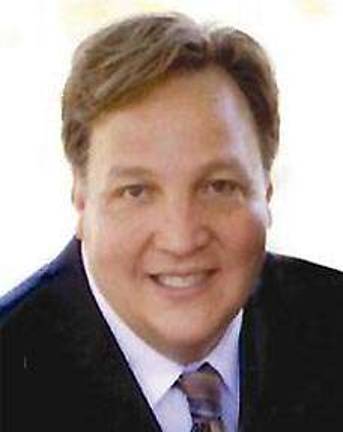What's The Best Toothpaste For My Child?
Tooth brushing is vital for good oral health. But many types of toothpaste can damage kids' teeth with harsh abrasives which wear away tooth enamel. Make sure to choose toothpaste recommended by the American Dental Association (ADA) as shown on the box and tube. These toothpastes have undergone testing to insure their safety.
How Much Toothpaste?
For a child up to 3 years old, use a smear of toothpaste (the size of a rice grain) to brush the teeth. For children 3 to 6 years old, use a pea-sized amount of toothpaste and perform or assist your child's toothbrushing. Remember that young children do not have the ability to brush their teeth effectively on their own. Children should not swallow excess toothpaste after brushing.
Sports Drinks
Sports drinks and energy drinks are culprits in eroding tooth enamel. The high acidic content, sugar and dye are detrimental for tooth health as well as staining them. Consider plain water, fruit infused water and coconut water as safer alternatives.
Does Your Child Grind His/Her Teeth At Night? (Bruxism)
Parents are often concerned about their children grinding their teeth as they sleep. This is called Bruxism. Often, the first indication of Bruxism is a grinding noise or teeth wearing down. Stress due to a new environment, divorce, changes at school, etc., can influence a child to grind his/her teeth. Also, if there are pressure changes which affect the ears (i.e. airplane landing and take-off) a child will grind by moving their jaw to relieve this pressure. If wear of the teeth is present, then a nightly mouth guard may be prescribed. If you suspect Bruxism, discuss this with your pediatric dentist.
Adult Teeth Coming in Behind Baby Teeth
This common occurrence is usually the result of a lower baby tooth not falling out while the permanent tooth is erupting. In most cases, it will usually fall out on its own within two months. If it doesn't, then contact your pediatric dentist to remove the tooth. The permanent tooth should then slide into its proper place.
Xylitol - Reducing Cavities
The American Academy of Pediatric Dentistry (AAPD) recognizes the benefits of xylitol for the oral health of infants, children, adolescents, and persons with special health care needs. Studies using xylitol as either a sugar substitute or a small dietary addition have demonstrated a dramatic reduction in new tooth decay and some reversal of existing dental cavities. The xylitol effect is long-lasting and possibly permanent. Xylitol is distributed throughout nature in small amounts. Some great sources of xylitol are fruits, berries, mushrooms, lettuce and corn on the cob. One cup of raspberries contains less than one gram of xylitol
 |
| Dr. Jason Rosenfeld, DMD 1395 Route 23 South, Butler, NJ 07405 973-838-0093 www.jasonrosenfelddmd.com |
